13 Science-Backed Reasons You Need A Vacation ASAP
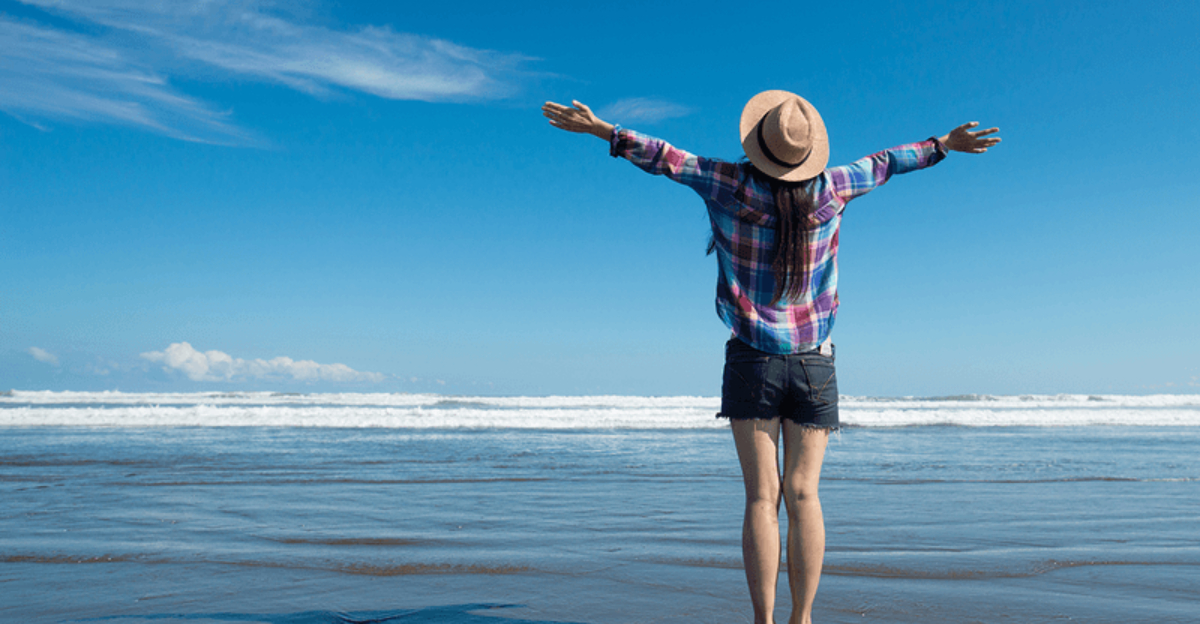
Summer vacation should feel like freedom—not frustration. Whether you’re dreaming of beach days, mountain trails, or city adventures, a little smart planning goes a long way.
I’ve rounded up 15 easy, practical tips that can help you turn your dream getaway into reality—without blowing your budget or losing your mind in the process. From booking tricks that save you money to packing hacks and timing strategies, these suggestions come from years of trial, error, and travel surprises.
Want to avoid crowds? Find hidden deals? Travel like a pro? I’ve got you covered. So, where do you want this summer to take you—and what’s stopping you from making it happen?
1. Stress Melts Away
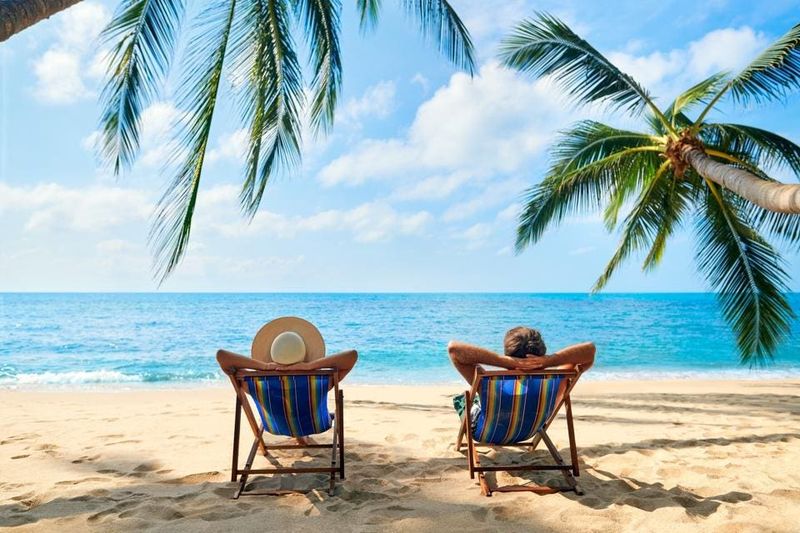
Your body needs regular breaks from stress hormones like cortisol and adrenaline. Research from the American Psychological Association shows that vacations reduce stress by removing us from environments associated with anxiety and pressure.
During a proper getaway, blood pressure decreases and muscle tension relaxes. Isn’t it amazing that just a few days away can lower stress markers for weeks afterward? Researchers found that even planning a vacation creates an immediate boost in happiness.
The anticipation gives you something positive to focus on, offering mental relief long before you pack your suitcase.
2. Heart Health Improves
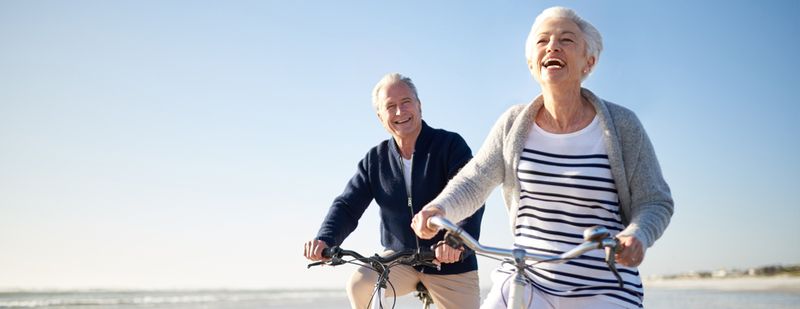
Did you know vacations literally save hearts? The Framingham Heart Study found women who took vacations only once every six years were eight times more likely to develop heart disease than those vacationing twice annually.
Men experience similar benefits, with research showing those who skip vacations face a 30% higher risk of heart attacks. When you take time off, your cardiovascular system gets a much-needed reset.
Blood pressure drops, inflammation decreases, and circulation improves during leisure time. These factors combine to strengthen your heart and potentially add years to your life.
3. Sleep Quality Skyrockets

Tossing and turning becomes a thing of the past when you’re on vacation. Studies show people fall asleep 20 minutes faster and enjoy deeper sleep cycles while away from work stressors.
This happens because your body’s natural sleep-wake cycle (circadian rhythm) resets without alarm clocks and rigid schedules. Sunshine exposure during daytime vacation activities further regulates melatonin production.
Better sleep doesn’t end when your trip does. Researchers from New Zealand found improved sleep patterns often continue for weeks after returning home, creating lasting improvements to your overall sleep architecture.
4. Creativity Gets Supercharged

When was the last time you had a brilliant idea while sitting at your desk? Probably rarely. Scientists from the University of Utah discovered that spending just four days in nature increased creativity test scores by 50%! Your brain forms new neural connections when exposed to novel environments.
This happens because unfamiliar surroundings force your mind to process new information, creating pathways that enhance problem-solving abilities. Travel experiences particularly boost creativity because they expose you to different cultures, foods, and perspectives.
These encounters challenge assumptions and spark innovative thinking that continues long after you return home.
5. Productivity Rebounds

If you’re feeling stuck in a work slump, a vacation might be the perfect solution. Ernst & Young conducted an internal study revealing that for each additional 10 hours of vacation employees took, their performance ratings improved by 8%.
Mental fatigue accumulates when you work continuously without breaks. Your brain literally exhausts its resources, making each task progressively harder. Taking time off allows your prefrontal cortex (the planning and decision-making part of your brain) to fully recover.
When you return, you’ll process information faster, make fewer errors, and accomplish more in less time—making that vacation practically pay for itself in productivity gains!
6. Relationships Strengthen

Nothing brings people closer than shared experiences away from daily distractions. Wisconsin Medical Journal researchers found couples who take regular vacations together report greater satisfaction in their relationships than those who don’t.
Away from chores, work obligations, and separate schedules, you create space for meaningful conversations and bonding. Family vacations are especially powerful for children, creating core memories that last a lifetime.
These shared adventures become relationship anchors—positive experiences you can reminisce about during tough times. The photos and stories become emotional touchstones that strengthen your connection long after the trip ends.
7. Immune System Strengthens

Your immune system gets a significant boost during vacations. Researchers at the University of Pittsburgh found that leisure activities reduce inflammatory markers associated with chronic disease. Chronic stress suppresses immune function by flooding your body with cortisol.
When stress levels drop during vacation, your immune cells can operate at full capacity again, better protecting you from everything from common colds to serious illnesses. The diverse environments you encounter while traveling may also strengthen immunity by exposing you to different microbes.
This exposure helps your immune system develop more robust responses to various pathogens—as long as you’re careful about food and water safety!
8. Mental Clarity Returns

Brain fog is real—and vacations clear it away. Neuroscientists at the University of California found that unplugging from technology and immersing in nature improved cognitive function and attention span by 50% in just three days.
Modern life bombards your brain with constant information, notifications, and decisions. This cognitive overload leads to mental fatigue, making it harder to concentrate or think deeply. Stepping away from these demands gives your prefrontal cortex time to recover.
Suddenly, problems that seemed insurmountable become manageable, creative solutions emerge, and you regain the ability to focus on what truly matters.
9. Depression Risk Decreases

If you’re feeling down, a vacation might be better medicine than you think. A landmark study from the University of Pittsburgh found women who vacation regularly are less likely to become depressed than those who rarely take breaks. How does this work?
Vacations interrupt negative thought patterns by changing your environment and providing positive experiences. They also increase exposure to natural sunlight, boosting vitamin D and serotonin levels.
The anticipation before and memories after create what psychologists call “positive anchoring points” in your life. These bright spots provide emotional resilience during difficult times, giving you something joyful to look forward to or look back on.
10. Perspective Shifts Dramatically

When you’re stuck in routine, problems seem bigger than they actually are. Travel literally changes your perspective by exposing you to different cultures, lifestyles, and values. Researchers from Cornell University found that spending money on experiences rather than material goods leads to greater long-term happiness.
These experiences become part of your identity and how you understand the world. Meeting people who live differently than you do creates empathy and challenges assumptions.
You might return home appreciating what you have more deeply or questioning aspects of your life that no longer serve you—either way, you gain valuable perspective that’s impossible to achieve without stepping outside your normal environment.
11. Blood Pressure Normalizes
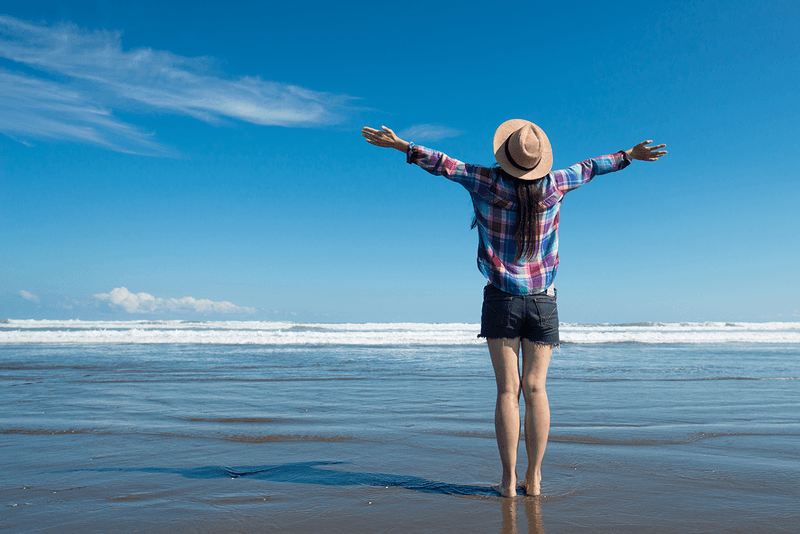
High blood pressure affects millions, but vacations offer a natural remedy. A study in the journal Psychosomatic Medicine found that leisure activities lowered blood pressure in participants by an average of 6%.
This happens because your sympathetic nervous system (responsible for “fight or flight” responses) gets a chance to power down. Meanwhile, your parasympathetic system (the “rest and digest” mode) activates more frequently.
The effects aren’t just temporary. Researchers from Syracuse University discovered that regular vacationers maintained healthier blood pressure readings for weeks afterward. For those with hypertension concerns, this makes taking time off not just enjoyable but medically beneficial.
12. Burnout Risk Plummets

Burnout isn’t just feeling tired—it’s a state of chronic exhaustion that can lead to serious health consequences. Finnish researchers found that vacations as short as four days significantly reduced burnout symptoms and increased overall well-being.
Your brain and body need regular periods of recovery to maintain optimal function. Without these breaks, you experience diminishing returns—working longer hours while accomplishing less. The key is disconnecting completely.
Those who check work emails during vacation show fewer recovery benefits. When you truly unplug, your brain chemistry rebalances, stress hormones normalize, and you return with restored energy reserves and renewed motivation.
13. Metabolism Resets Naturally
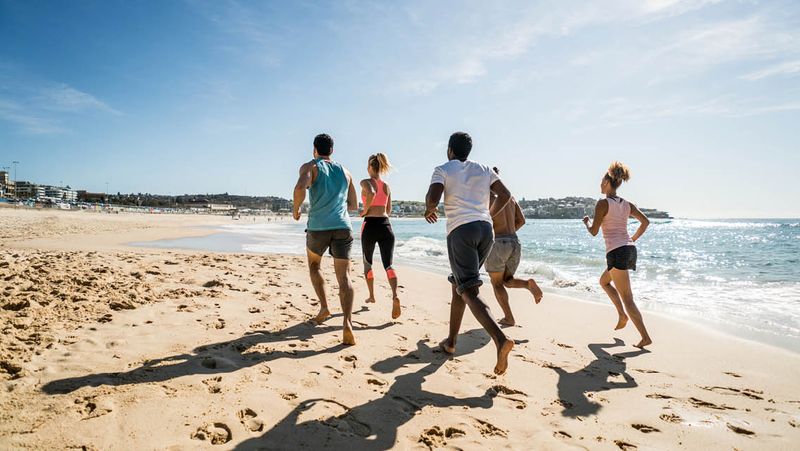
Chronic stress wreaks havoc on your metabolism. When you’re constantly rushing and worried, your body produces excess cortisol, which can increase abdominal fat and disrupt hunger hormones. Vacation breaks this cycle.
Research from the Icahn School of Medicine shows that removing stress triggers allows metabolic markers to normalize. People often report better digestion and more stable energy levels while away. Moving your body in enjoyable ways during vacation—swimming, walking on beaches, hiking through forests—further enhances this metabolic reset.
Unlike forced exercise routines, these natural movements feel pleasurable rather than punishing, creating positive associations with physical activity.
